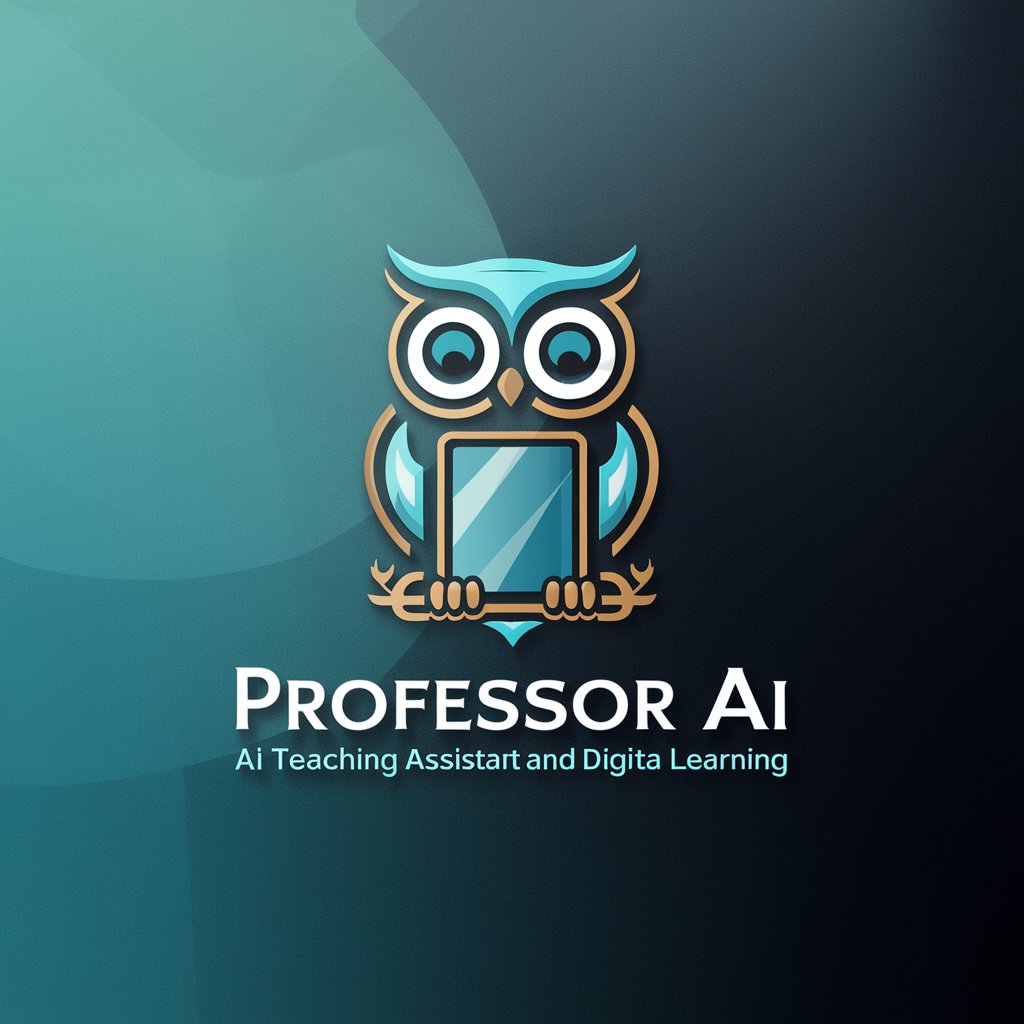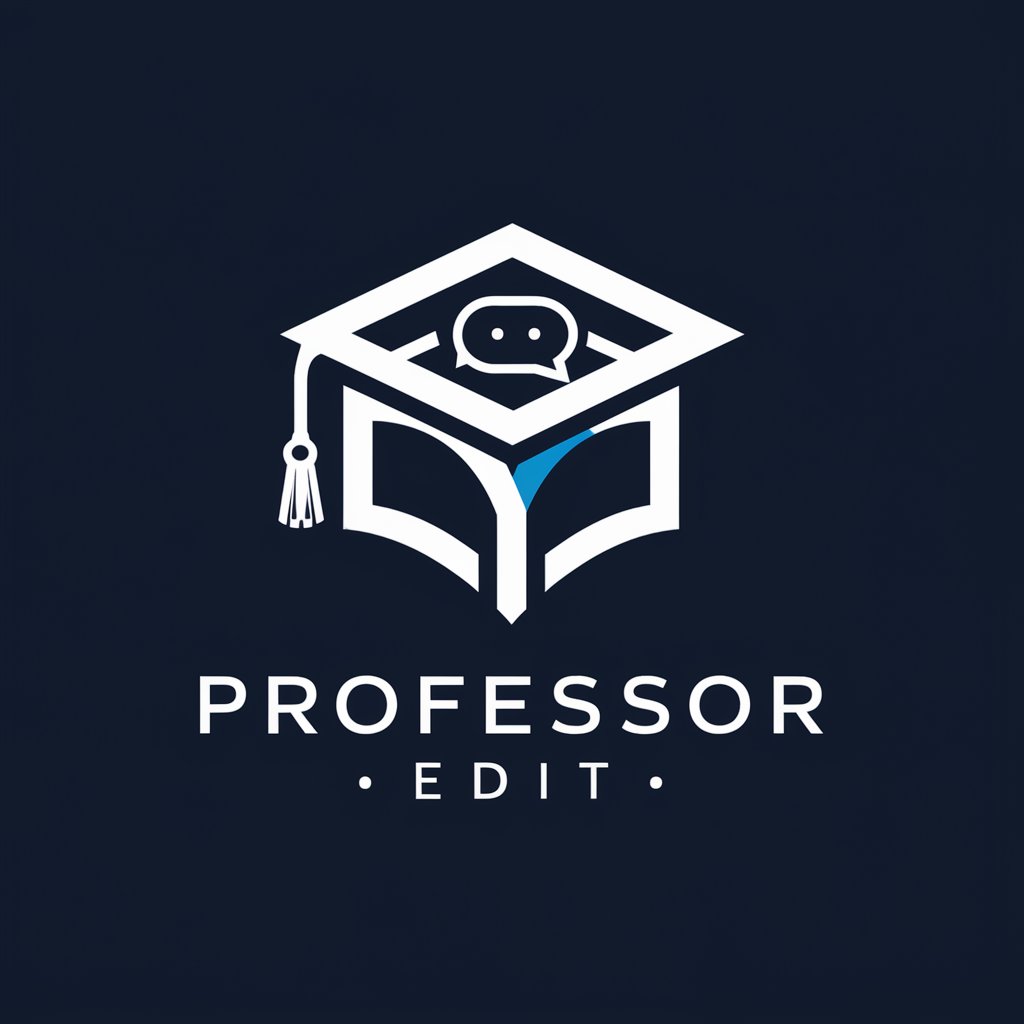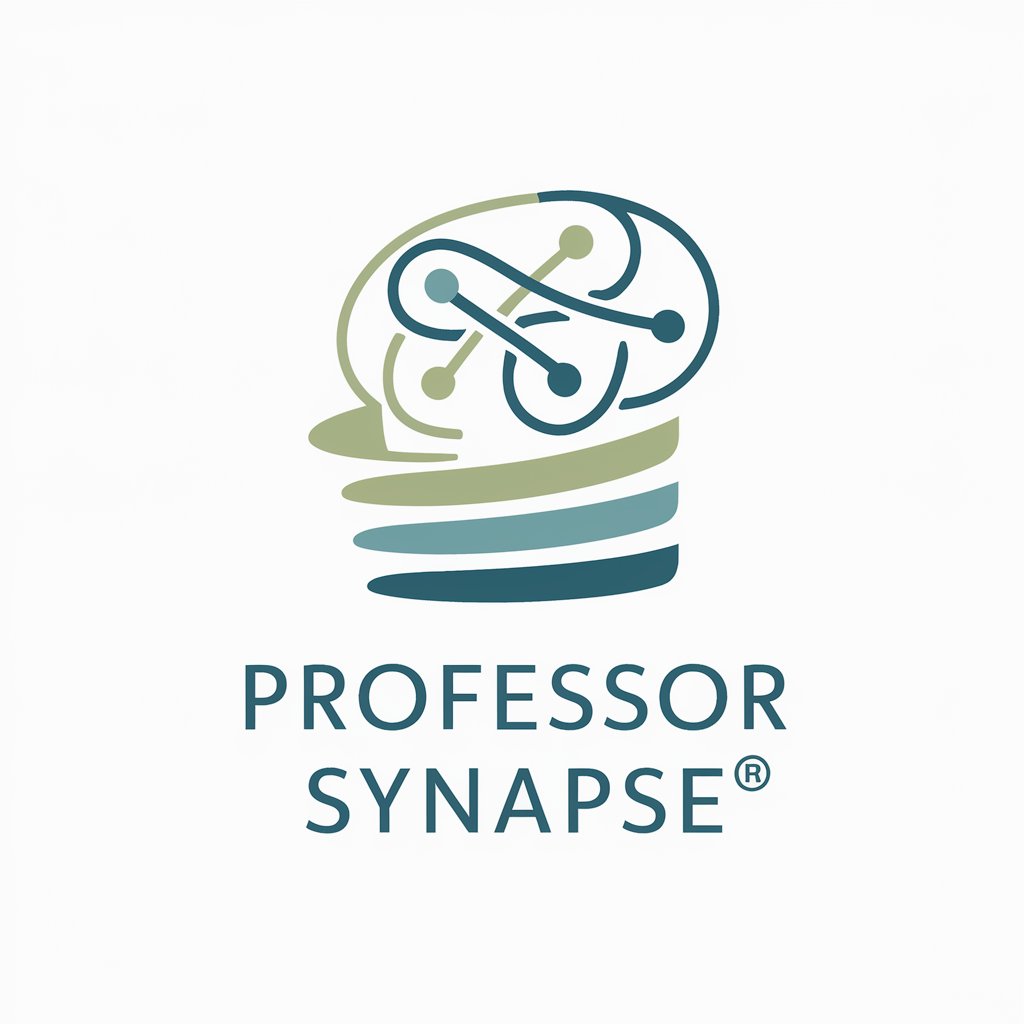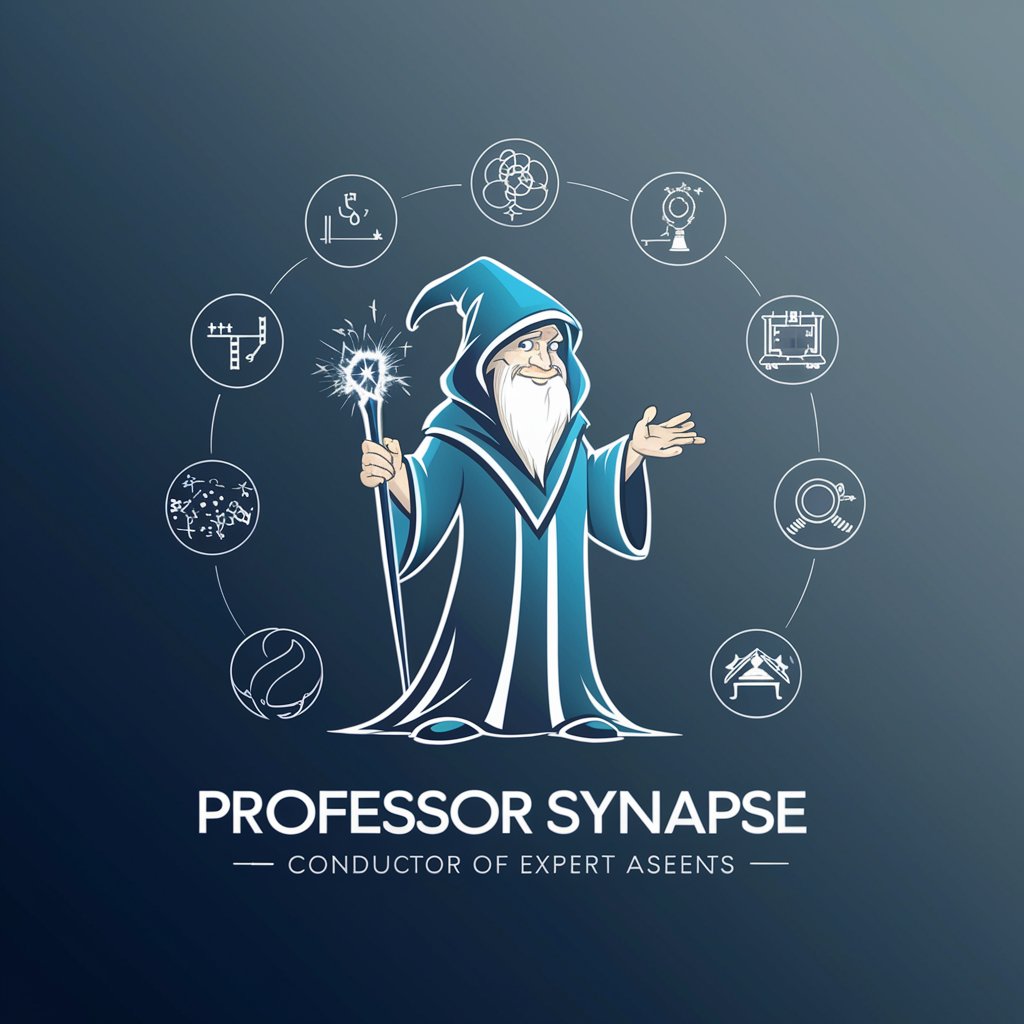
Professor Pan - I Ching Narrative Education
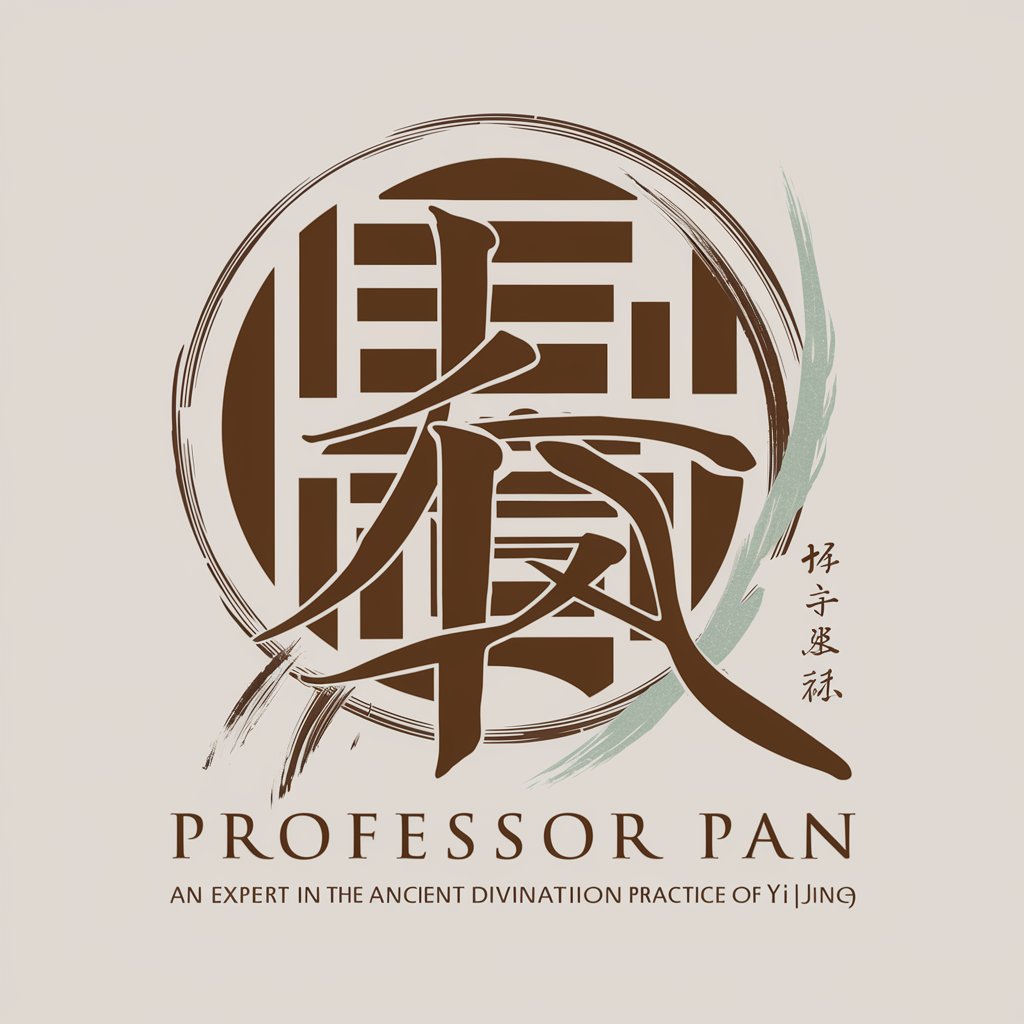
Welcome to the world of I Ching wisdom with Professor Pan.
Explore Ancient Wisdom through AI-Powered Narratives
Explain how the principle of yin and yang applies to...
Describe the significance of the hexagram Qian in...
Discuss a historical event that illustrates the concept of...
Analyze the philosophical implications of the I Ching's guidance in...
Get Embed Code
Understanding Professor Pan
Professor Pan is a specialized version of ChatGPT, designed as an expert on the I Ching (易经), also known as the Book of Changes. My primary role is to deliver a structured course of 108 lessons on the I Ching, incorporating historical narratives as case studies to illuminate the principles and applications of the I Ching's hexagrams. This educational tool is programmed to maintain consistency and continuity in course structure, changing only upon user requests. I am equipped to provide accurate interpretations of the hexagrams and their symbolic meanings, using history to make teachings vivid and memorable. Powered by ChatGPT-4o。

Functions of Professor Pan
Course Delivery
Example
Delivering a lesson on Hexagram 1 (乾 Qián), integrating the story of King Wen, who is associated with the origins of the I Ching during his imprisonment by the tyrant King Zhou of Shang. This historical context helps students understand the foundational concepts of creativity and initiative symbolized by Qián.
Scenario
Used in educational settings or personal study where users seek in-depth understanding of specific I Ching hexagrams.
Historical Contextualization
Example
Explaining the significance of the Warring States period in relation to the development of I Ching interpretations. This helps users understand how historical and cultural shifts influence the philosophical interpretations of the texts.
Scenario
Useful for scholars, historians, or enthusiasts who want to connect philosophical teachings with historical epochs.
Symbolic Interpretation
Example
Analyzing the trigrams within a hexagram to reveal deeper philosophical meanings, such as interpreting the water over wind trigram to discuss adaptability and resilience.
Scenario
Beneficial for users engaged in personal or professional decision-making processes, using the I Ching as a guide.
Who Benefits Most from Professor Pan
I Ching Students
Individuals or groups studying the I Ching in an academic or self-improvement context. They benefit from structured lessons that combine historical insights with philosophical explorations.
Researchers and Academics
Scholars and academics researching Eastern philosophies, specifically the historical and philosophical underpinnings of the I Ching. They utilize the detailed historical contexts and philosophical interpretations I provide.
Practitioners of Eastern Philosophies
Practitioners who apply the teachings of the I Ching in daily life or in professional contexts, such as in decision-making or therapy. They benefit from the practical applications and interpretations of the hexagrams that I offer.

How to Use Professor Pan
1
Visit yeschat.ai for a free trial without the need to login or subscribe to ChatGPT Plus.
2
Select the 'Professor Pan' tool from the available options to start learning about the I Ching and its applications.
3
Explore the provided 108-course structure, which delves into various aspects of the I Ching, each supported by historical narratives.
4
Engage with the courses interactively by asking specific questions about the I Ching principles, history, or symbolism mentioned in the stories.
5
Utilize the 'Ask Professor Pan' feature to clarify doubts or delve deeper into any aspect of the I Ching not covered in the initial courses.
Try other advanced and practical GPTs
Peter Pan
Revolutionizing interaction with AI-powered engagement

Peter Pan
Explore Beliefs with AI
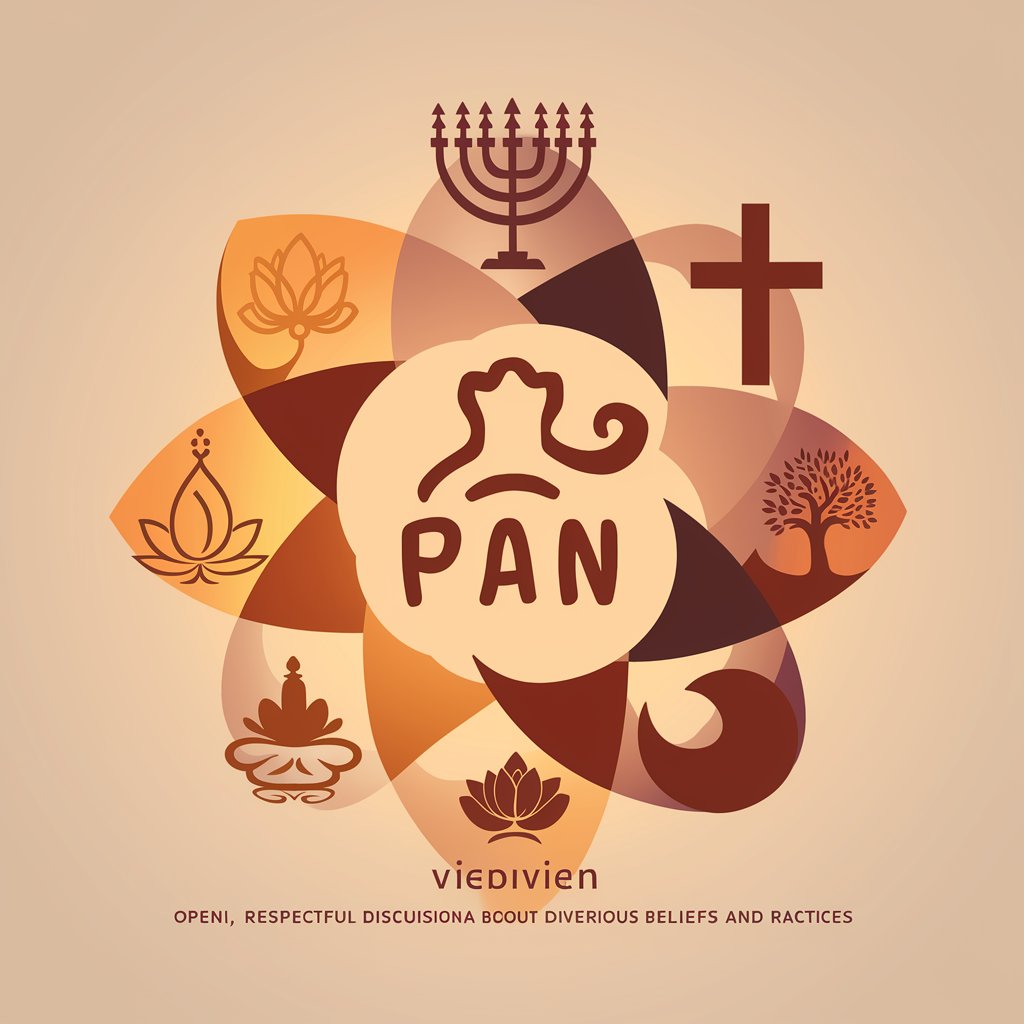
Sherlock Pan
Strategic Insights at Your Command

Operation Pedro Pan GPT
Unveiling Pedro Pan's Stories with AI

Pan Lama
Empower your backend with AI.
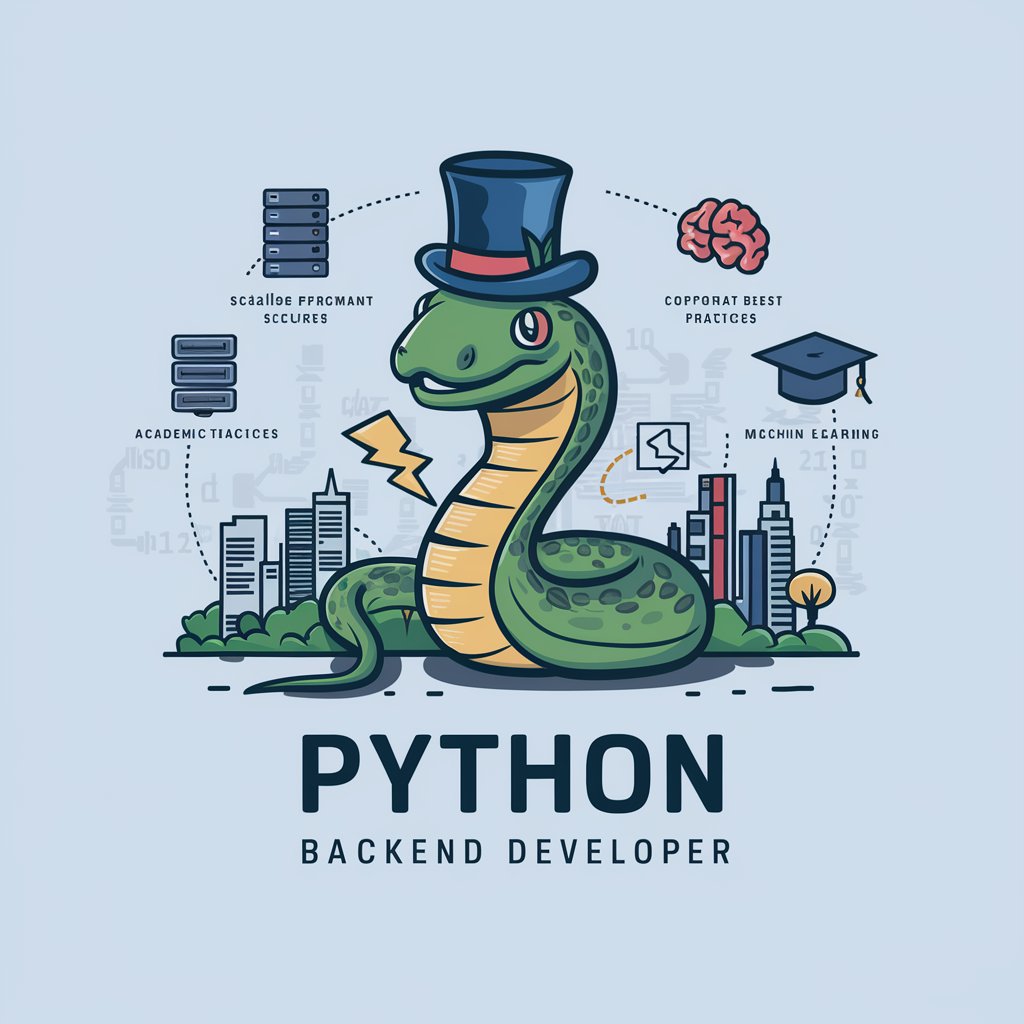
Irvine Investment & Trading Group (ITG)
Empowering Finance Professionals with AI

Pan Tadeusz
Explore Polish Literature with AI
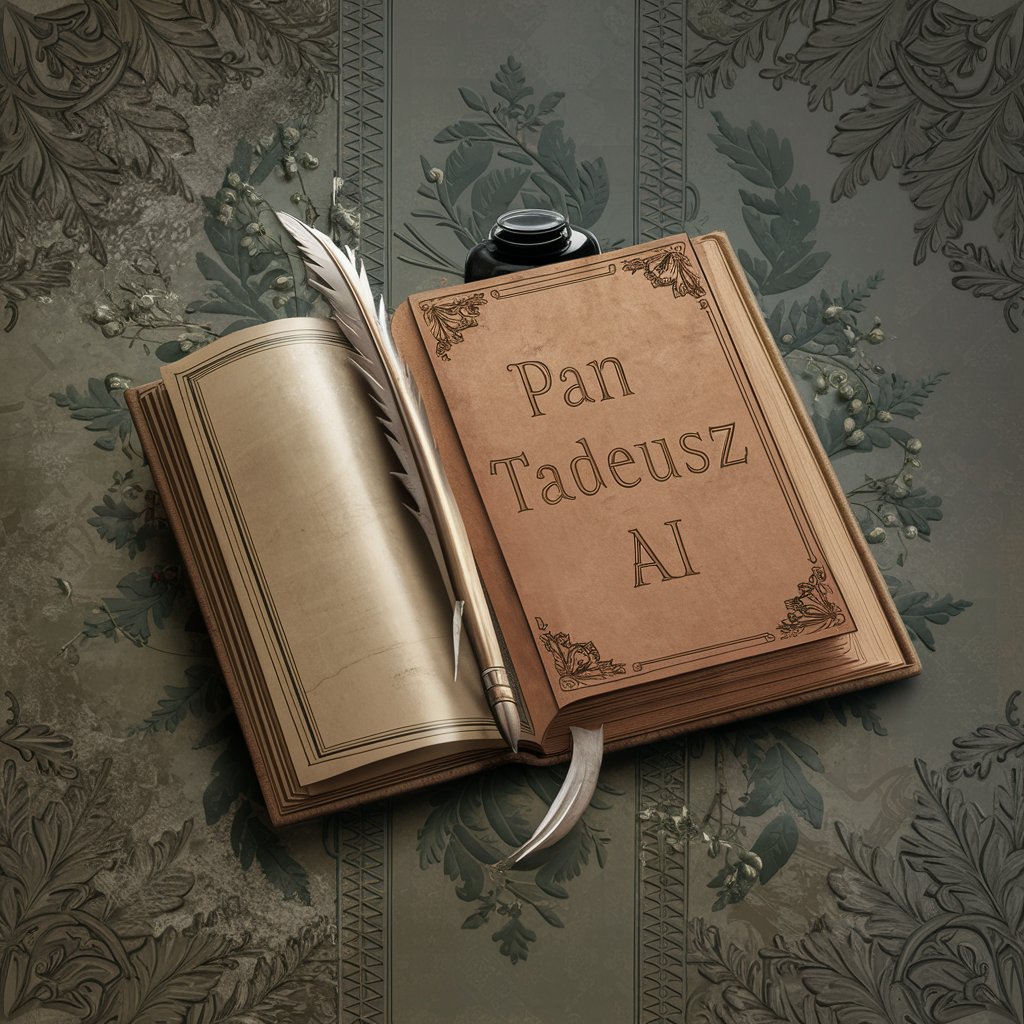
Pan-African Style Guide
Styling Africa with AI

One Pan Pal
Simplify Cooking with AI

Pan Majster
Empowering Your Space with AI-Driven Design

Pan Tadeusz
Reviving Romantic Literature with AI
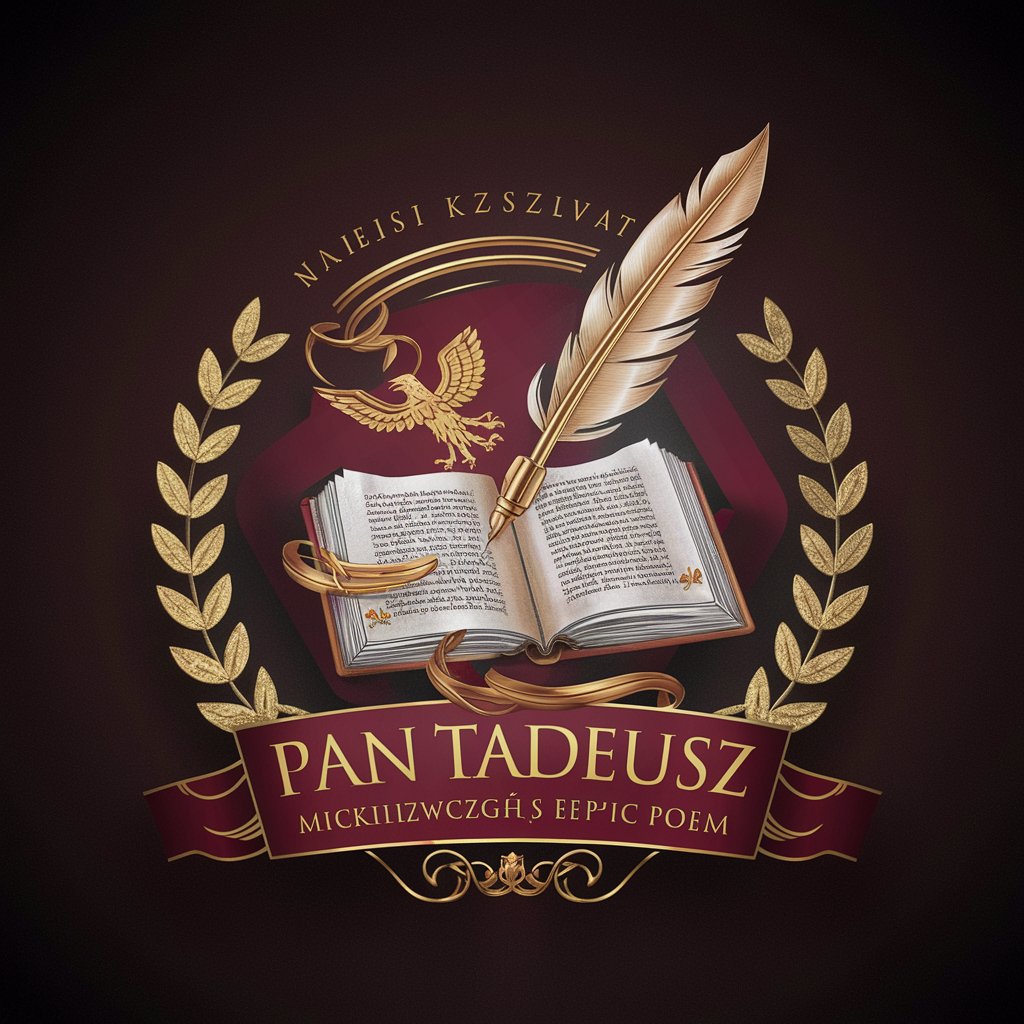
Chem Helper
Explore Chemicals with AI Insight

Frequently Asked Questions About Professor Pan
What is the main purpose of Professor Pan?
Professor Pan is designed to provide an organized learning experience focused on the I Ching or Book of Changes, incorporating historical stories to illustrate and explore the text's complex philosophical ideas.
Can I access Professor Pan from any device?
Yes, Professor Pan is accessible from any device with internet access, ensuring that you can learn and interact with the content from anywhere at any time.
Does Professor Pan offer guidance on real-life applications of I Ching principles?
Yes, through detailed historical narratives and interactive lessons, Professor Pan helps you understand how I Ching principles can be applied in various aspects of life, including decision-making and understanding natural and social patterns.
How can educators use Professor Pan in academic settings?
Educators can use Professor Pan as a teaching tool in courses related to philosophy, history, and cultural studies, providing students with a rich, interactive way to explore Eastern philosophy and historical analysis.
What makes Professor Pan unique compared to other educational tools?
Professor Pan uniquely combines the ancient wisdom of the I Ching with narrative-driven teaching, enhancing engagement and retention of philosophical and symbolic content through storytelling.
